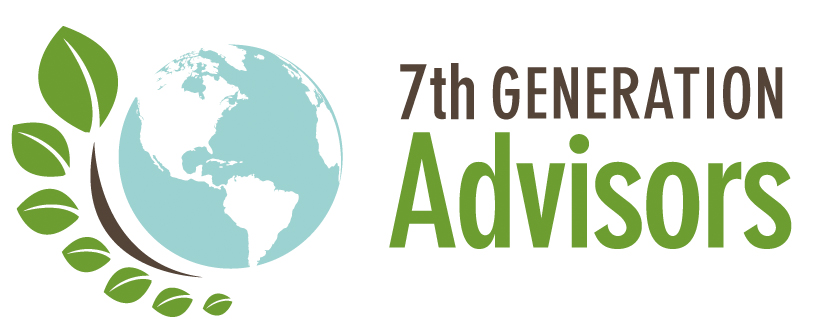Educating for the Future
Our Thriving Communities program is centered around the ancient First Nations belief that the decisions we make today should result in a sustainable world seven generations into the future. To accomplish this idea, we work closely with and learn from our First Nation’s partners, then help to share and apply their knowledge and wisdom to modern day problems. This knowledge directly links to the work we do on environmental education. Through this program we provide guidance to help build environmental literacy in public schools and for the public at large that is based on the idea of creating a sustainable world into the future.
Below are our current Thriving Communities program projects:
First Nations Collaboration:
SGA engages with the Wishtoyo Chumash Foundation in its efforts to protect, restore, and communicate Native American cultural heritage in California and beyond. Our team serves on boards and advisory committees for Wishtoyo, helping them build the Chumash Village and protect their ancient tribal rights on the Utom River. SGA also works closely with the Black Mesa Trust of the Hopi people who are fighting to restore and protect their water sources.
Eco-Literacy:
To get lasting and large-scale change in America and beyond, we need to go directly to the source of future decision makers: our students in public schools. We believe students who are environmentally literate will make informed decisions as consumers and voters, be better stewards of their own environment, and will be equipped to take advantage of green job opportunities. To achieve this, the State of California’s Department of Education (CDE) and our partner Ten Strands are implementing a model pilot program for leveraged change and capacity building in California to influence more than 350,000 public school students in grades K to 12, implementing the state’s Environmental Education Initiative law (drafted by SGA’s Leslie Tamminen in 2001) as part of regular instruction in science, history-social science, English language arts, and other core subjects. Efforts like this showcase California as a model for investing in and spreading environmental literacy. SGA is now working with the government of Chile to model their new eco-literacy programs along California’s example.

